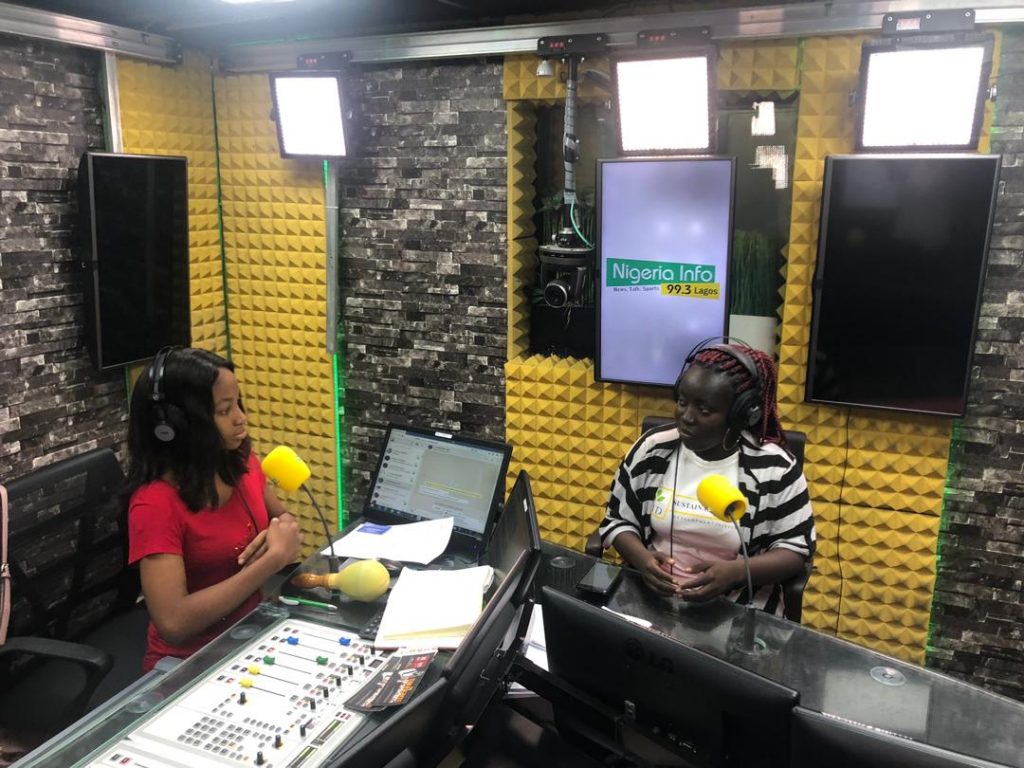
Sustainable Impact and Development Initiative embarked on a radio advocacy campaign in Lagos State, Nigeria calling for the inclusion and effective implementation of comprehensive sexuality education into secondary and tertiary education in the state.
Why Comprehensive Sexuality Education?
According to the UNFPA Adolescent and Youth Report for West and Central Africa, 64 percent of the population in the region is under 24 years. If this population is educated, healthy, and employed, the region could benefit from the demographic dividend.
Bringing it home, according to the 2018 Nigeria Demographic Health Survey, 1 in 5 teenage women age 15-19 are already mothers or pregnant with their first child. Also, there is a 19% unmet need for family planning.
Hence, it is crucial and critical that we ensure young people have access to comprehensive sexuality education.
What is Comprehensive Sexuality Education?
Comprehensive sexuality education is a curriculum-based process of teaching and learning about the cognitive, emotional, physical, and social aspects of sexuality. It aims to equip children and young people with knowledge, skills, attitudes, and values that will empower them to realize their health, well-being, and dignity; develop respectful social and sexual relationships; consider how their choices affect their own well-being and that of others, and understand and ensure the protection of their rights throughout their lives.
SID Initiative made several radio appearances advocating for comprehensive sexuality education for young people. The campaign which was led by its Executive Director, Ms. Elizabeth Talatu Williams visited the following radio stations:
- Unilag 103.1FM on the 5th of September, 2019 addressing the topic: “Sexuality education in tertiary institutions”.
- Nigeria info 99.3FM on the 13th of September, 2019 addressing the topic: 13.2 million out-of-school children: What can citizens do”.
- Nigeria Info 99.3FM on the show, generation X on the 24th of September, 2019 addressing the topic:“Sexual Reproductive Health and Young People”.
Sexuality education has positive effects, including increasing young people’s knowledge and improving their attitudes related to sexual and reproductive health and behaviors. The media is a powerful tool that can be used to advocate for the sexual reproductive health of young people.